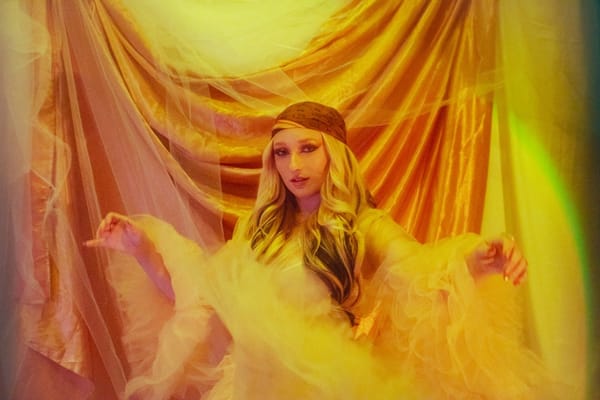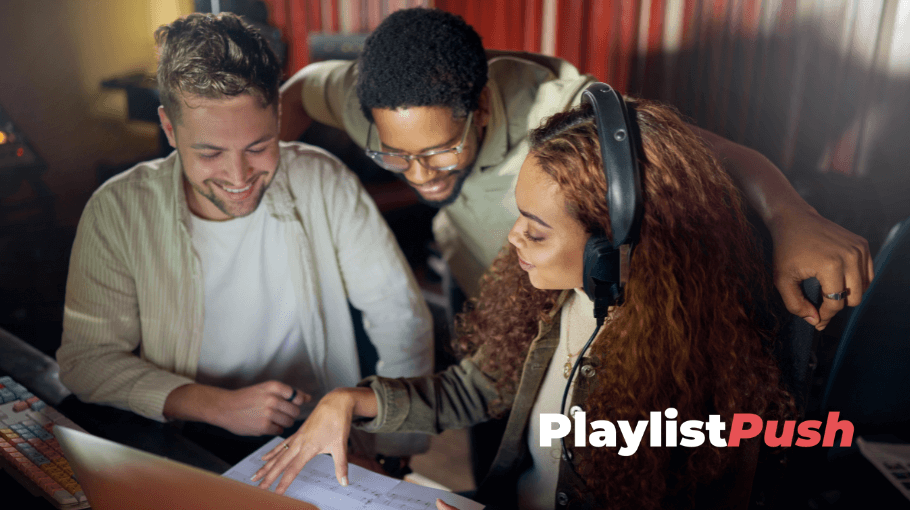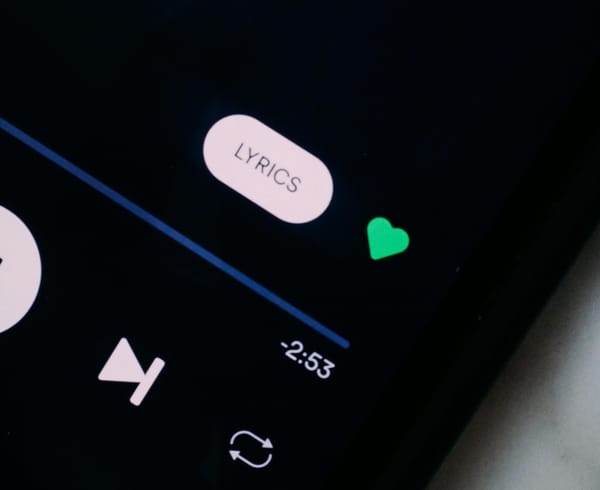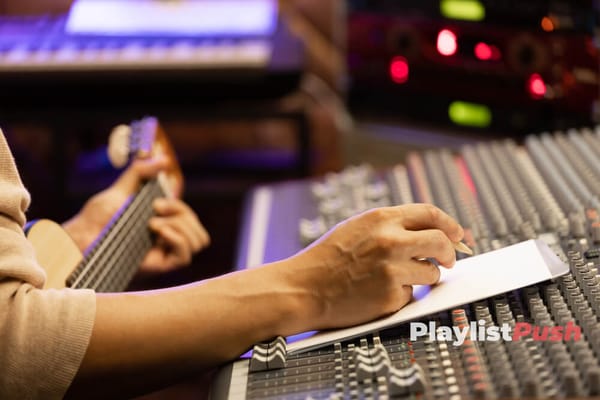Should you be making AI-Music? Why Human Curators Resist the Rise of AI
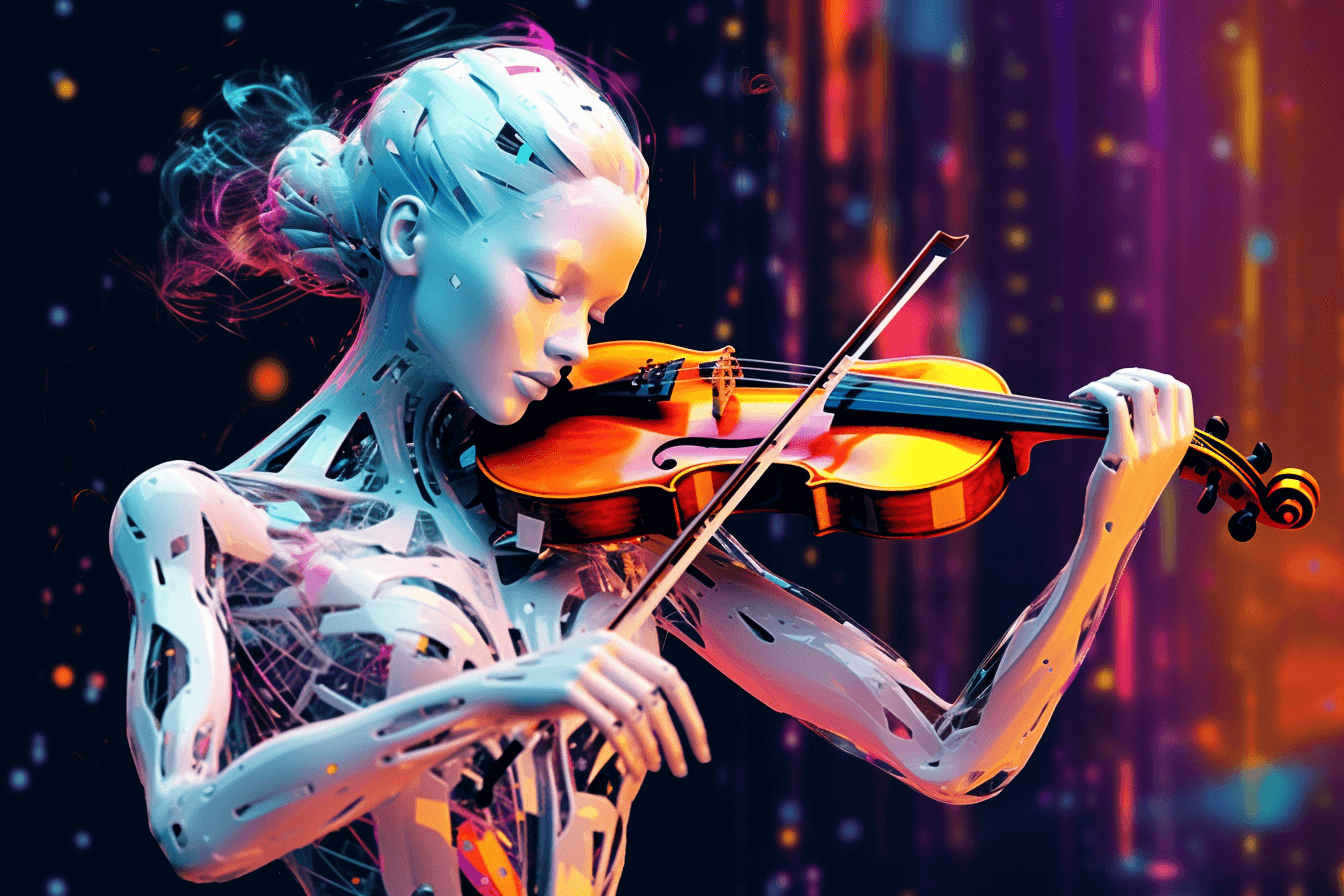
Reshaping the Melody
The world-shaking advancements in Artificial Intelligence (AI) have had a significant impact on various industries, including television, film, medicine, and notably, the music industry.
Throughout history, the music industry has been at the forefront of embracing and adapting to new technologies. The introduction of Apple's iPod and the iTunes Store revolutionized the way people purchased music, replacing physical formats like CDs and traditional vinyl records with digital mp3 downloads. The widespread availability of high-speed internet, facilitated by the expansion of fiber-optic broadband, paved the way for Spotify to establish itself as the dominant streaming service, fundamentally altering the landscape of music consumption.
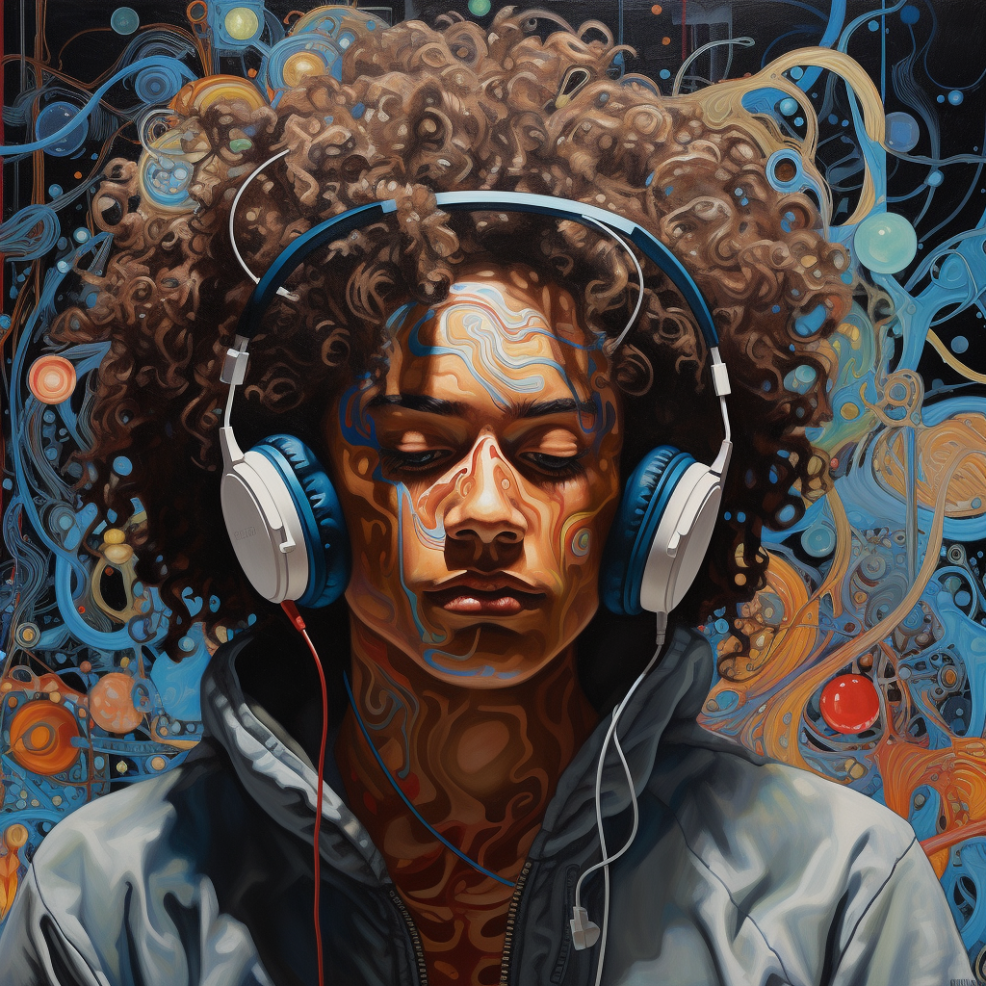
Now, AI is revving up to alter the music industry landscape all over again. The recent release of the AI-generated Drake song “Heart on My Sleeve” has sent shockwaves throughout the industry and has caused many to start thinking about what the future of the music industry looks like when generative AI models can teach themselves how to write, sing and produce music in the style of today’s biggest artists.
The emergence of AI-generated music raises several important questions. Current copyright law does not protect voice or musical style, so the major labels have very little retaliation abilities against anyone who uses AI to generate musical works in the style of an already established artist. This lack of legal protection raises concerns about artistic integrity and originality in the music industry.
This originality has many playlist curators and tastemakers concerned about the future of the music industry. What I’ve heard from playlist curators is that they do not accept AI music to their playlists as it lacks authenticity and originality and that these creators should “leave making art to humans”.
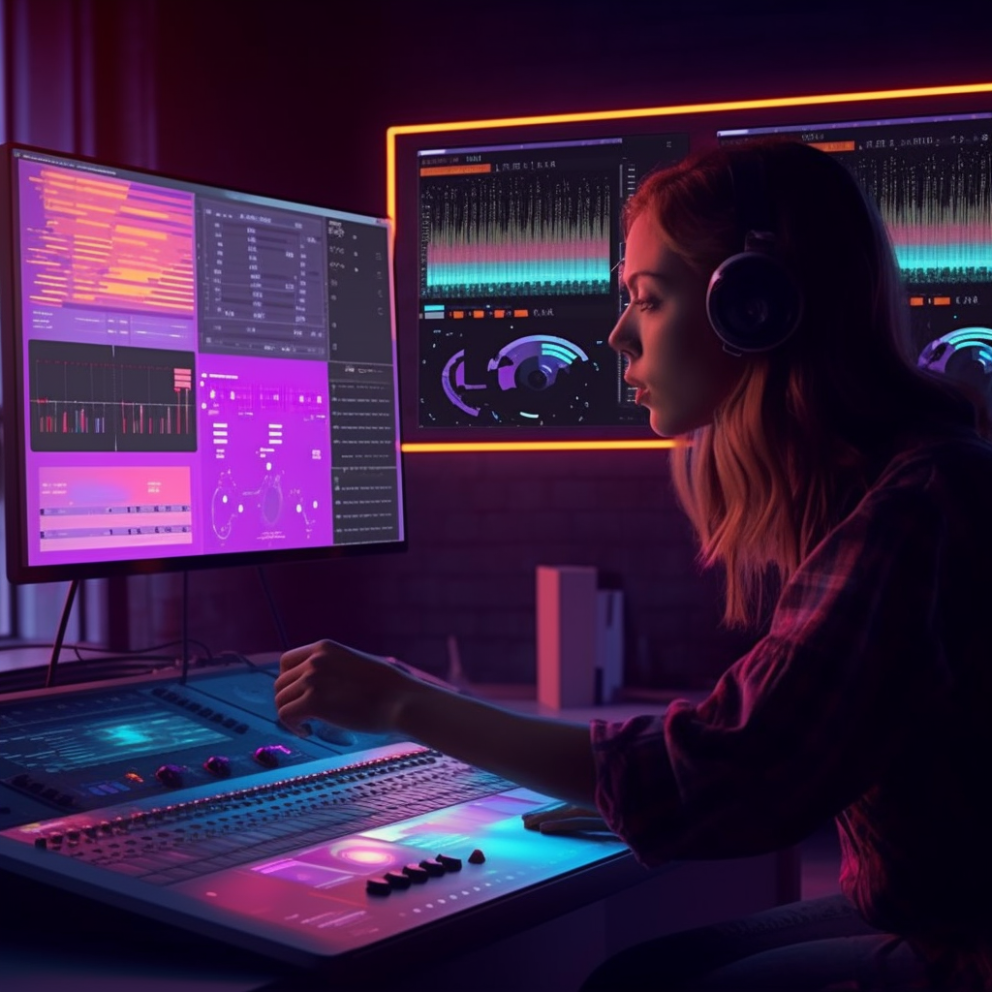
Now, The Good
AI tools have the potential to democratize the music industry. Historically, major labels and industry gatekeepers have held significant control over what gets produced and promoted. With AI, aspiring musicians and independent artists can create high-quality music without relying on expensive studio equipment or industry connections. This opens up new avenues for creativity and allows a more diverse range of voices to be heard.
In 2019, singer-songwriter Holly Herndon famously released an entire album in which she harmonized with an AI version of herself.
Los Angeles-based electropop band YACHT trained a machine learning system on their entire catalog of music. “After the machine spit out hours of melodies and lyrics based on what it had learned, the band culled through its output and spliced together the most intriguing bits into coherent songs.” This earned the band its first Grammy nomination In their 20-year-old career.
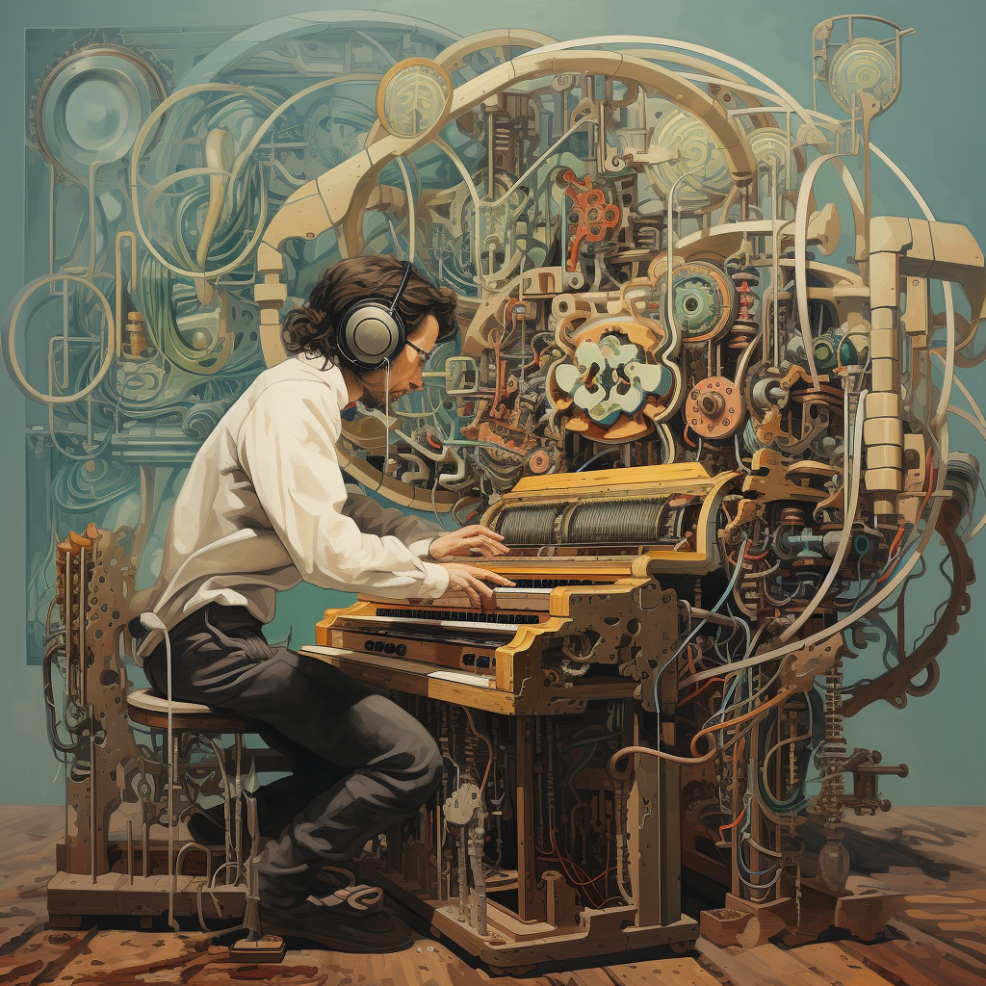
There are numerous artists that are quicker to embrace the potential benefits that AI music brings to the table.
Artists can leverage AI tools to improve their compositions, refine their sound, or experiment with new styles.
Some of those top AI tools are
- ChatGPT
Chat GPT can be used to generate song titles, brainstorm lyrics and melodies, write pitch emails, and social media posts, and give recommendations for promotion and marketing. - Magenta AI
Magenta Studio is an open-source platform with a set of music plugins. Leveraging state-of-the-art machine learning methods for music creation, Magenta can be utilized either as a standalone application or as a plugin compatible with Ableton Live. - Orb Producer Studio
Orb Producer is an advanced technology platform that assists producers in generating melodies, basslines, and wavetable synthesizer sounds. By utilizing cutting-edge techniques, it creates endless musical patterns and loops for musicians to draw inspiration from and develop their ideas. - Loudly
Loudly's advanced playback engine blends 170,000 curated audio loops, following chord progressions in real-time. Expert systems and generative adversarial networks ensure meaningful compositions. Collaborating with ML experts, Loudly creates AI-generated songs within seconds. - Boomy
One of the most well-known AI music companies is Boomy. Boomy is an AI music community where users can create original content and earn income through social media platforms. These user-generated songs can also be submitted to popular streaming platforms such as Spotify, TikTok, and YouTube, making Boomy an invaluable tool for AI-driven production.
In this context, AI is more of a collaborative partner rather than a replacement for human creativity. When used in this way, AI can serve as a powerful tool for artists to expand their creative horizons and explore uncharted territories.

AI Limitations
Tastemakers and playlist curators play a vital role in contextualizing music within cultural and social frameworks. They curate playlists that reflect specific moods, events, or subcultures, showcasing a deep understanding of the target audience's preferences. AI-generated music, while proficient at generating music that fits within predefined genre/style parameters, often lacks the ability to comprehend the broader cultural context in which music operates.
From what we’ve seen at Playlist Push, real Juice WRLD fans are not interested in hearing his voice on an AI-generated track.
This limitation hampers its ability to align seamlessly with the specific needs and tastes of different listeners. The lack of nuanced cultural understanding can make it challenging for AI-generated music to resonate with playlist curators and tastemakers who prioritize music's contextual relevance.
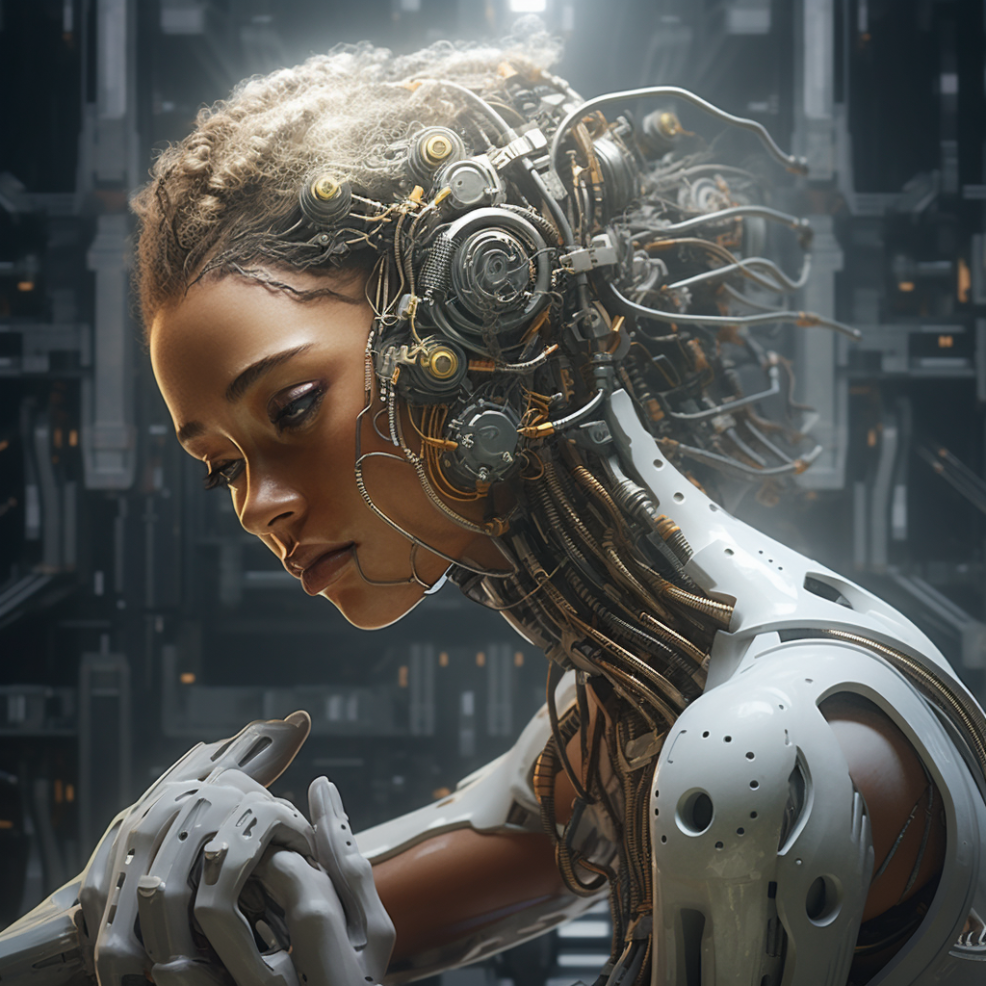
One of the primary concerns surrounding AI-generated music is its ability to evoke genuine emotions and establish an authentic connection with listeners. Music has a remarkable power to convey feelings and tell stories, often reflecting the experiences and emotions of the artist. Tastemakers and playlist curators value music that resonates deeply with the audience and showcases the unique perspective of the artist. AI-generated music, despite its remarkable ability to mimic various styles and genres, often lacks the emotional depth and personal touch that human musicians bring to their music. This deficiency in authenticity and emotional connection can leave tastemakers and playlist curators skeptical about the long-term impact of AI-generated music.
Melody in Flux: Navigating the Uncertain Harmonies of AI Music"
Like all new technological advances in the music industry, there are those who are afraid of how it will change the current music industry landscape and those who are creating new and innovative ways of using this technology to improve their music.
There are musicians who scoffed at innovations like the synthesizers (1950s), auto-tune (late 90s), and even the creation of Digital Audio Workstations (early 80s), and there are those who embraced the new technology and used it to raise the bar and enhance their craft.
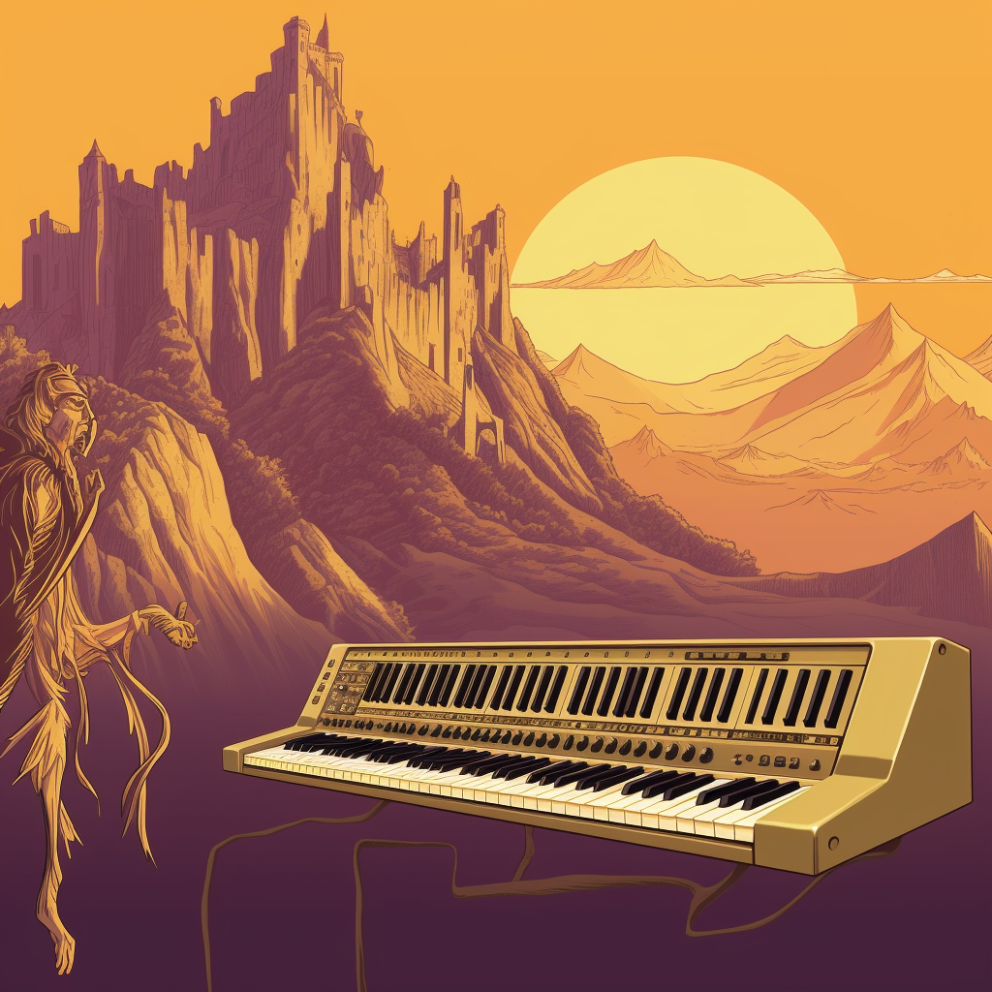
Ultimately, the future of AI music is uncertain. It is a rapidly evolving field that raises both opportunities and challenges. It will be crucial to find a balance that allows AI and human creativity to coexist while ensuring that artists are appropriately compensated for their work.
As technology continues to advance, it will be essential to have ongoing discussions about the ethical implications, legal frameworks, and the role of AI in the creative process. The music industry and the artists, labels, and listeners, need to come together to shape the future of AI music in a way that fosters innovation, protects artistic integrity, and supports the livelihoods of musicians.


